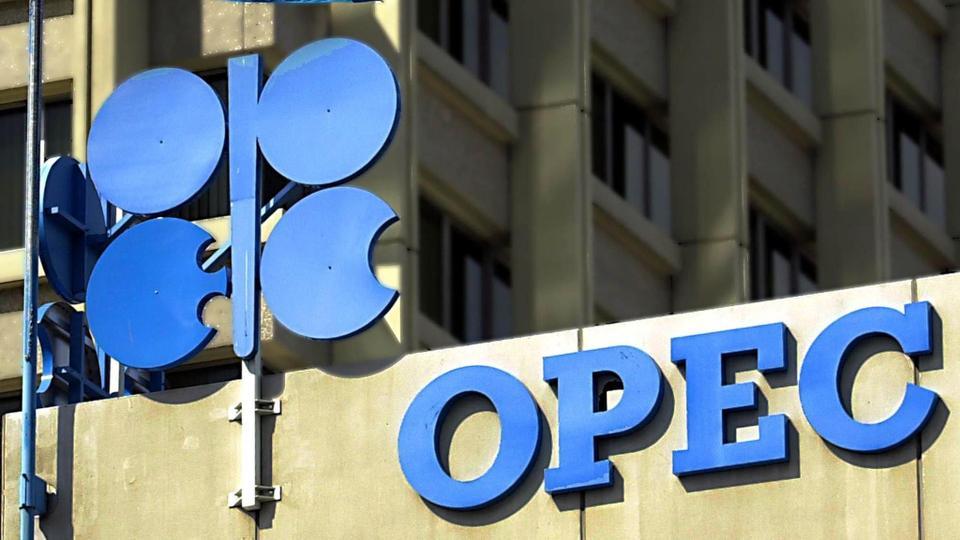
Nigeria Falls Short of OPEC Oil Production Quota Despite Assurances
Posted 11/09/2023 11:47
Nigeria continues to under-produce its allocated oil production quota as set by the Organization of the Petroleum Exporting Countries (OPEC). In August 2023, the country fell short by over 560,000 barrels per day, producing approximately 1.18 million barrels per day compared to its OPEC allocation of 1.742 million barrels per day. This production deficit translates to a substantial financial loss, estimated at $1.47 billion or roughly N1.12 trillion, based on conservative assumptions of $85 per barrel and an official exchange rate of N765/$.
Nigeria has struggled to meet its OPEC quota since the first half of 2020, citing challenges such as crude oil theft and extensive assets vandalism as reasons for its inability to comply.
The CEO of the Nigerian National Petroleum Company Limited (NNPC), Mele Kyari, acknowledged the production shortfall and attributed it to issues related to the pipeline. He expressed confidence that resolving these challenges would lead to increased production in the future.
In response to Nigeria's consistent underperformance, OPEC reduced the country's production quota from 1.742 million bpd to approximately 1.38 million bpd for 2024. Nigeria has indicated its intention to discuss and potentially revise this decision with OPEC leadership in November.
Despite earlier promises and projections by Nigerian officials, including the Minister of State, Petroleum Resources, and the Permanent Secretary of the Ministry of Petroleum, the country has yet to meet its production targets. Challenges, such as security issues in the Niger Delta, crude oil theft, and pipeline problems, have contributed to the production shortfalls.
It remains a pressing concern for Nigeria, as oil exports account for a significant portion of the country's export revenue. The nation's foreign exchange (FX) market has been under strain, with crude oil exports representing 80% of export revenue.
Nigeria had sought a $3 billion loan from the African Export-Import Bank (AfreximBank) to address its FX crisis, but reports suggest that the deal may have stalled due to concerns about the purpose of the oil-for-debt funds. Nigeria's FX challenges persist, making it imperative for the country to find solutions to meet its OPEC production quotas and maximize export revenue.







